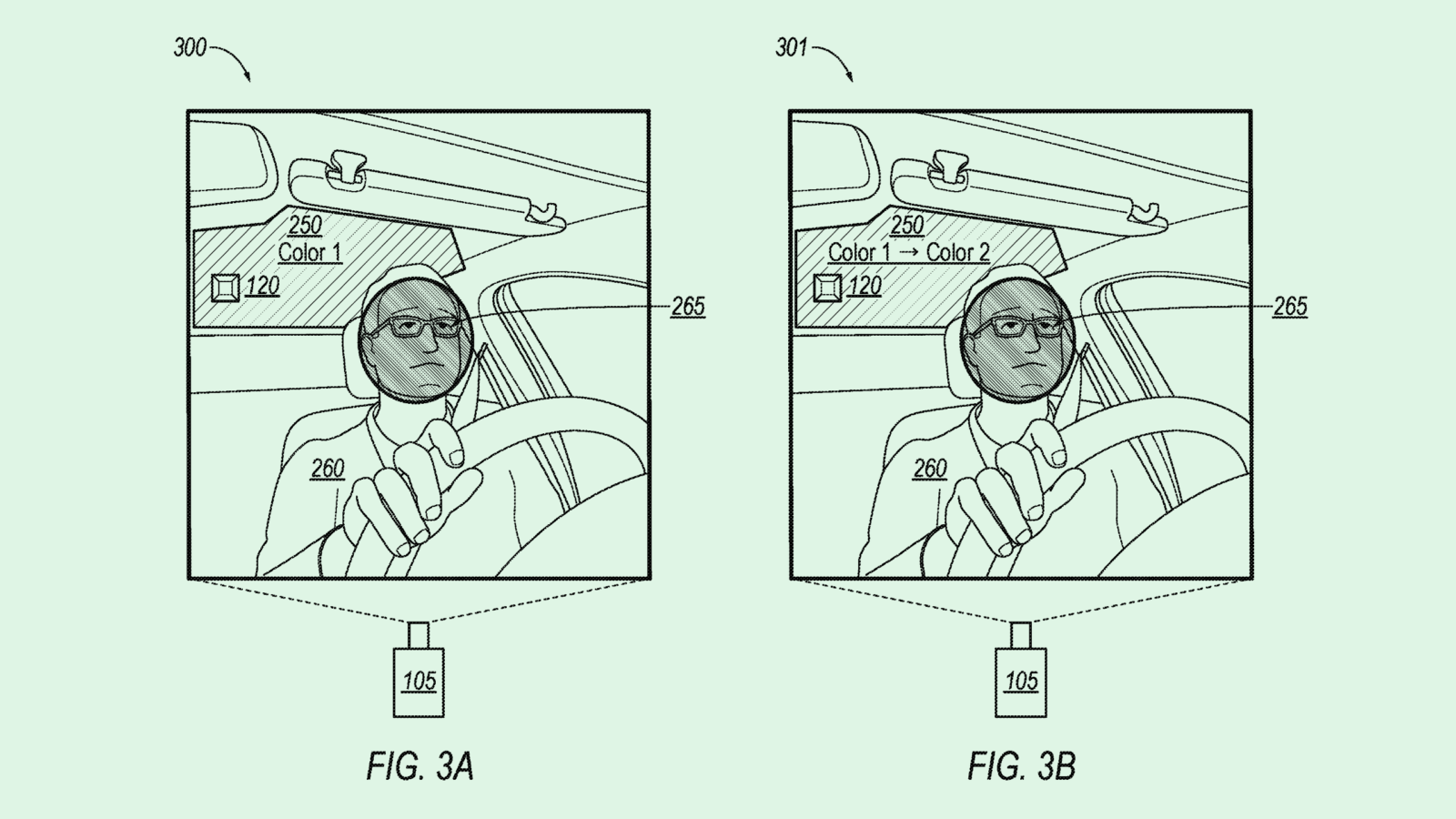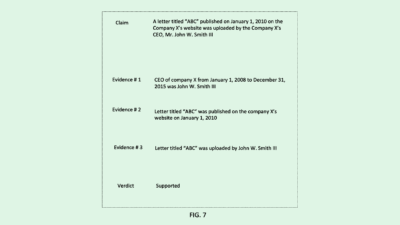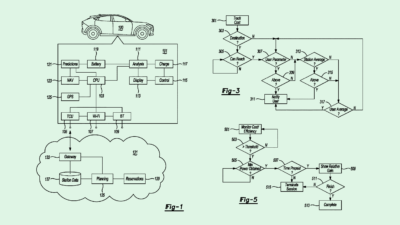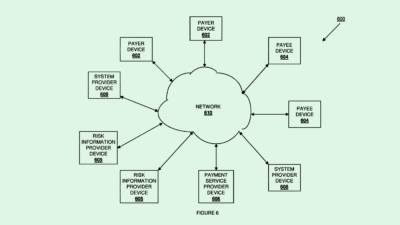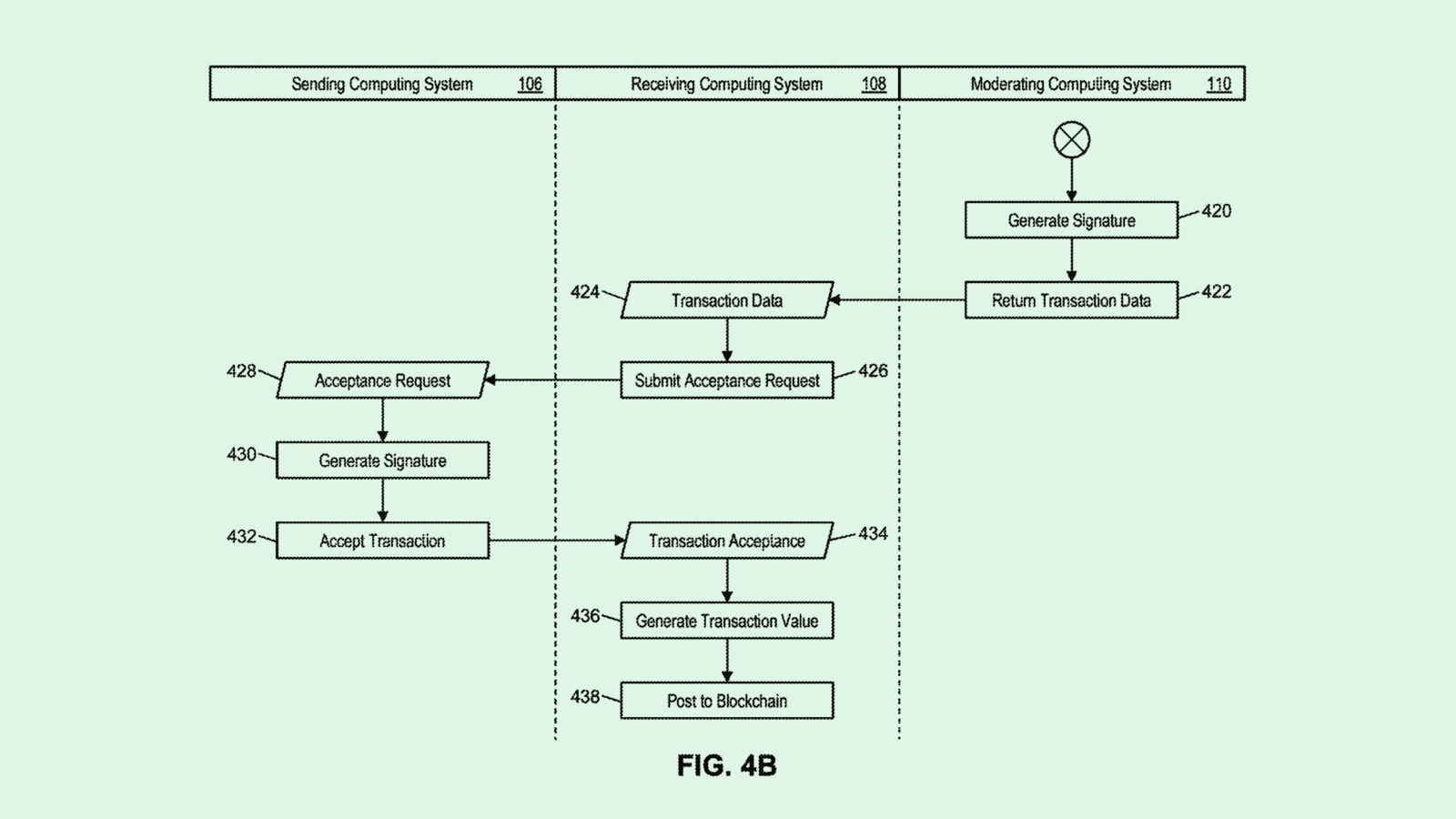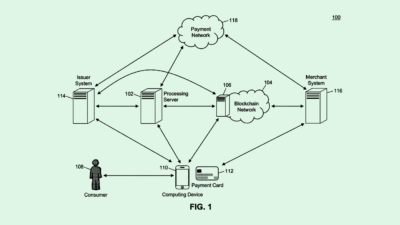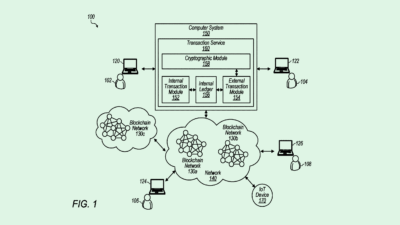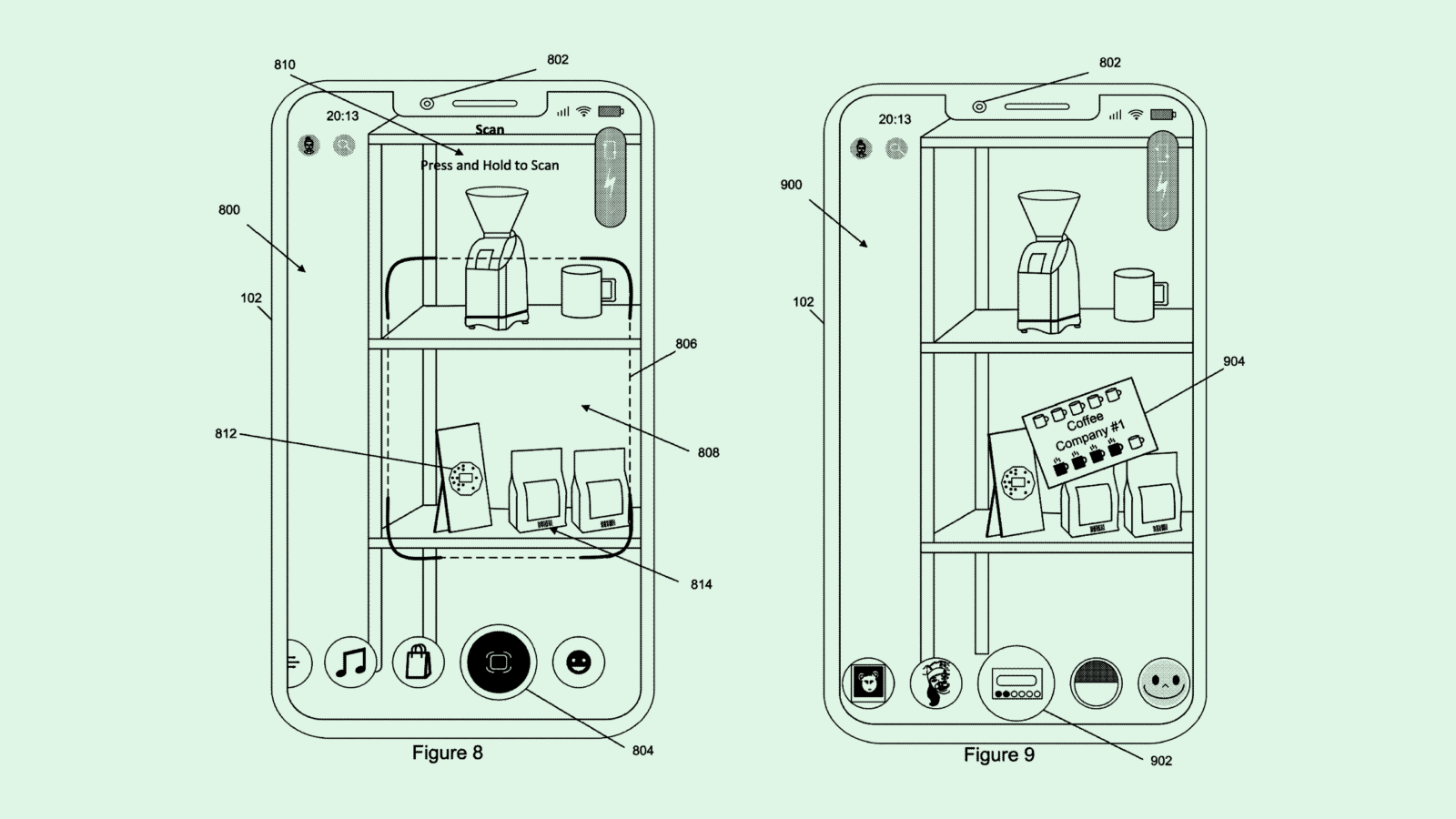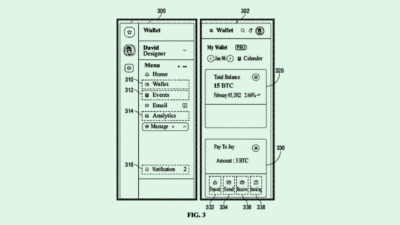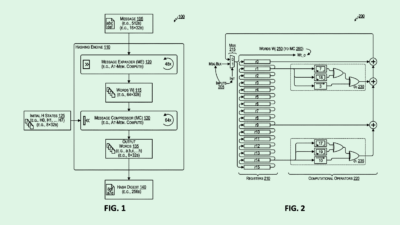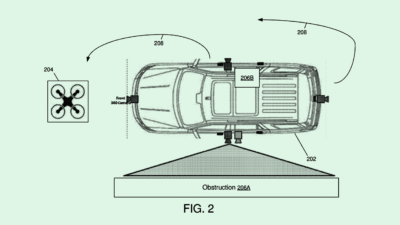Ford’s Road Salt Patent Finds an Atypical Use for Blockchain
Ford may be taking blockchain’s reputation issues with a grain of salt.
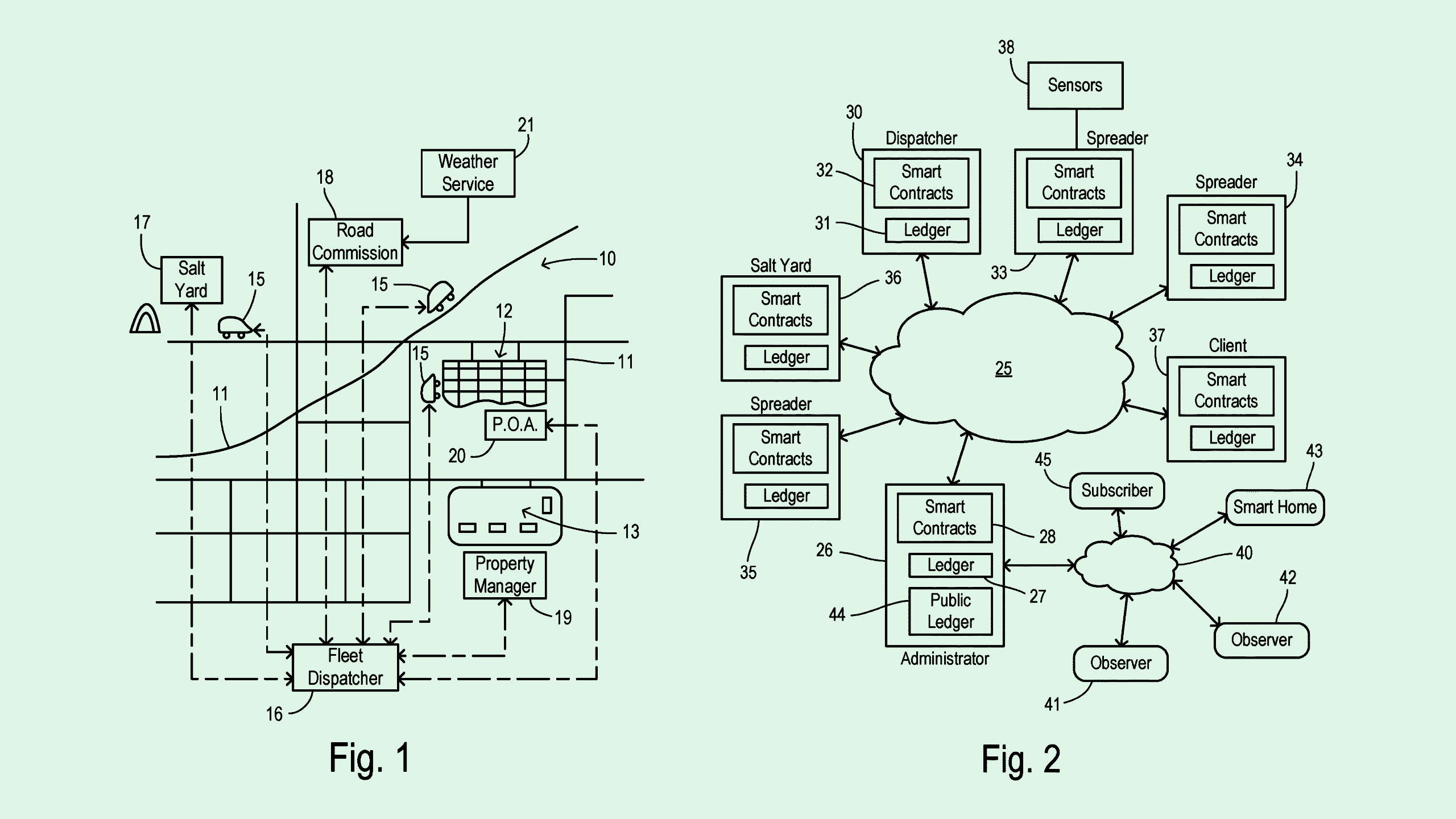
Sign up to uncover the latest in emerging technology.
Ford may put blockchain to use after winter storms.
The company is seeking to patent a “smart road salt distribution system” using a blockchain network. As the title of this patent implies, Ford’s system intends to monitor the distribution of road salt for both environmental and economic purposes.
“Trust among the administrators and the spreading vehicles may be eroded due to haphazard monitoring, salt runoff, or incomplete communications,” Ford said in its filing. “Through better monitoring and use of adaptive control, the spreading of excessive salt or other substances can be avoided.”
Here’s how it works: When a “salt-spreading agent” does their job, they would log the salt they’d spread on a “permissioned” blockchain ledger as a transaction record of their activities. Different transactions may be in place for different activities, such as one for routing, one for salt loading and another for salt output.
The ledger would essentially provide an immutable record of how much salt has been dispersed, which roads have been salted, and by which agents. Ford noted that the salt vehicles themselves may be equipped with sensors, such as lidar, cameras, temperature sensors, and “wheel slip sensors” to get a sense of environmental data and road conditions, preventing a worker from treating a road with salt if it isn’t necessary.
“Data is collected and used to mitigate … environmental damage, reduce costs, and create less damage to the roads,” Ford noted.
Though most people wouldn’t typically think to use “blockchain” and “road salting” in the same sentence, this method of immutable and transparent tracking presents a stopgap solution to a larger issue: Road salt can be awful for the environment.
With more than 20 million metric tons of salt spread across US roads each year, this de-icing method can contaminate water sources and endanger wildlife with increased freshwater salinity. While Ford’s system isn’t necessarily solving the environmental impact, it’s limiting the harm to a minimum.
Broadly, Ford’s incredibly niche use case for blockchain is another example of how this tech can be applied outside of cryptocurrency or digital asset contexts. Several patent applications reveal different ways companies may be putting this tech to use, including Sony using the tech to track down deepfakes, eBay employing it to ward off scammers, and Baidu utilizing it to lock down its cloud environments. Another eBay patent similarly puts blockchain to work in physical contexts, aiming to secure shipping and delivery interactions.
If these filings point to anything, it’s that companies are seeking to use blockchain’s main benefits of immutable and transparent record keeping and authentication. And if blockchain can overcome its bad reputation, even a company like Ford, which sits far from the world of crypto and NFTs, can find a use for its underlying tech.
